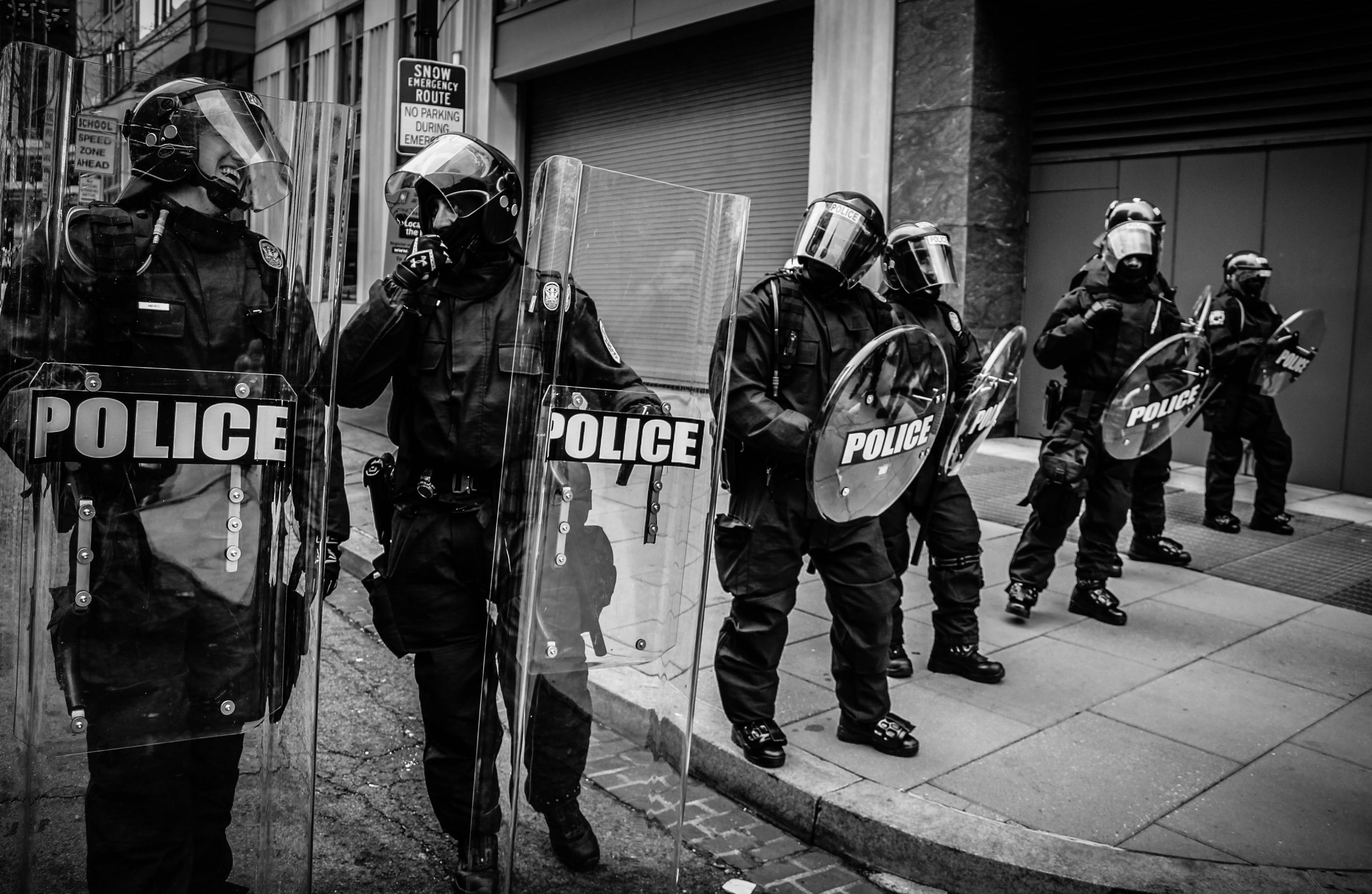
Policing has come a long way since the days of good ole boy Barney Fife.
Once upon a time, cops were tasked primarily with things like catching murderers and rapists and protecting property.
They were always used, of course, whenever necessary, to protect state interests – but, then again, the state’s interests weren’t always so obviously nefarious and illegitimate as they are today.
Law enforcement’s purview expansion is explained in large part by securitization theory.
As a result of the this process, peculiar new breeds of law enforcement – Public Health© officers and green police – have sprung up throughout the West.
Securitization theory: the advent of new security threats
The basic premise of securitization theory in political science is that, given the opportunity, a state will endlessly concoct new security “threats” as a justification to exercise greater power outside of the constraints of the normal political process:
“Securitisation theory shows us that national security policy is not a natural given, but carefully designated by politicians and decision-makers. According to securitisation theory, political issues are constituted as extreme security issues to be dealt with urgently when they have been labelled as ‘dangerous’… by a ‘securitising actor’ who has the social and institutional power to move the issue ‘beyond politics’.”
The process, in a nutshell, works like this:
- The government identifies a new existential “threat,” either legitimate or overblown, either naturally occurring or cynically engineered by the state itself.
- The corporate media and corporate state stoke fear about the threat into the hearts and minds of a gullible public
- In the fog of panic, the state slyly provisions itself with new authority and resources to combat the threat, thereby increasing its power
The threats change, but whether “domestic terrorism,” COVID-19, or climate change, the process largely remains the same.
…click on the above link to read the rest of the article…